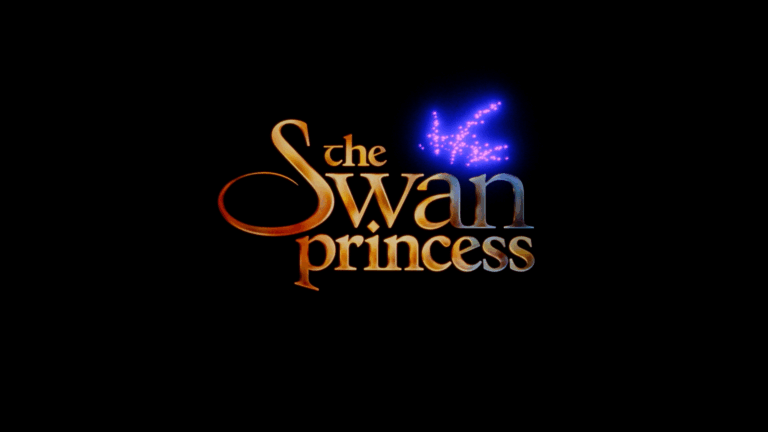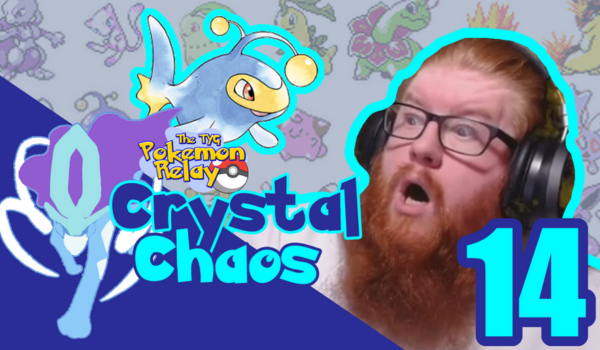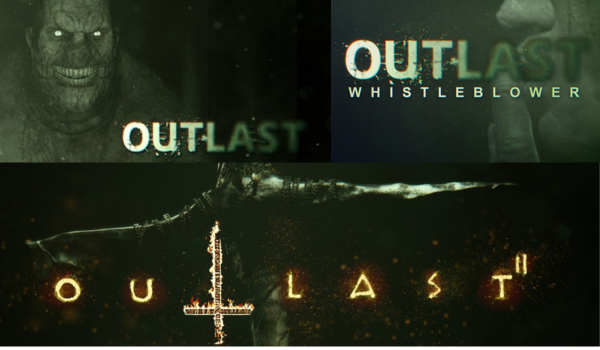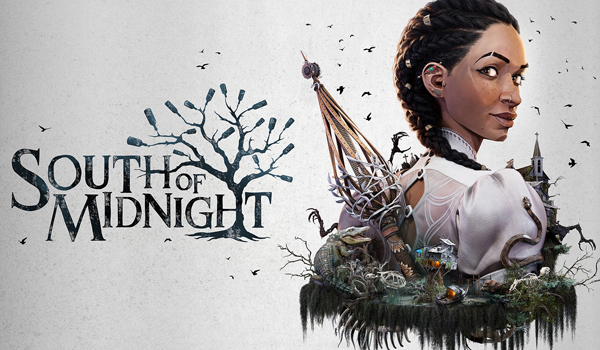
When Invincible first premiered on Prime Video in 2021, audiences braced for a standard coming-of-age superhero story. Instead, they were gripped by a raw, gut-wrenching, and frequently shocking plunge into the heavy price and responsibility of wielding power.
Based on Robert Kirkman’s acclaimed comic series, Invincible has grown into one of the most compelling animated shows of its generation. Across three gripping seasons, it balances heart, horror, and heroism with storytelling that pushes the superhero genre into new, unflinching territory.

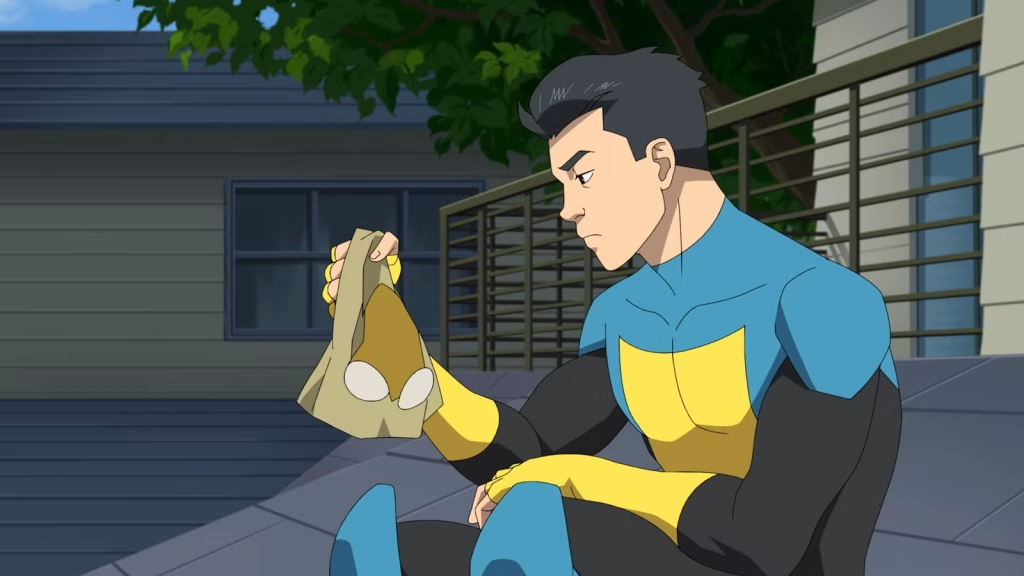
The Hero’s Journey — With a Brutal Twist
The story follows Mark Grayson (Steven Yeun), an ordinary teenager whose father, Nolan (J.K. Simmons), is better known as Omni-Man, Earth’s most powerful superhero. When Mark’s powers finally emerge, he eagerly takes up the mantle of “Invincible,” hoping to follow in his father’s footsteps.
But Invincible wastes no time turning that dream into a nightmare. The now-infamous ending of Episode 1 features a devastating, bloody betrayal that changes everything. From that moment on, the series transforms from a coming-of-age tale into a deep dive into morality, identity, and legacy.


Evolving Storylines and Emotional Depth
By Seasons 2 and 3, Invincible expands far beyond its original premise. Mark is no longer a boy learning to be a hero; he’s grappling with what heroism even means in a universe filled with shades of grey. The show explores fractured relationships, interplanetary politics, and the lingering trauma of Omni-Man’s actions, while continuing to develop its cast of complex supporting characters.
Debbie Grayson (Sandra Oh) gets one of the most grounded, emotional arcs in modern animation, as she rebuilds her life in the shadow of betrayal. Meanwhile, Atom Eve (Gillian Jacobs) grows into a hero defined not by strength, but compassion and self-determination.

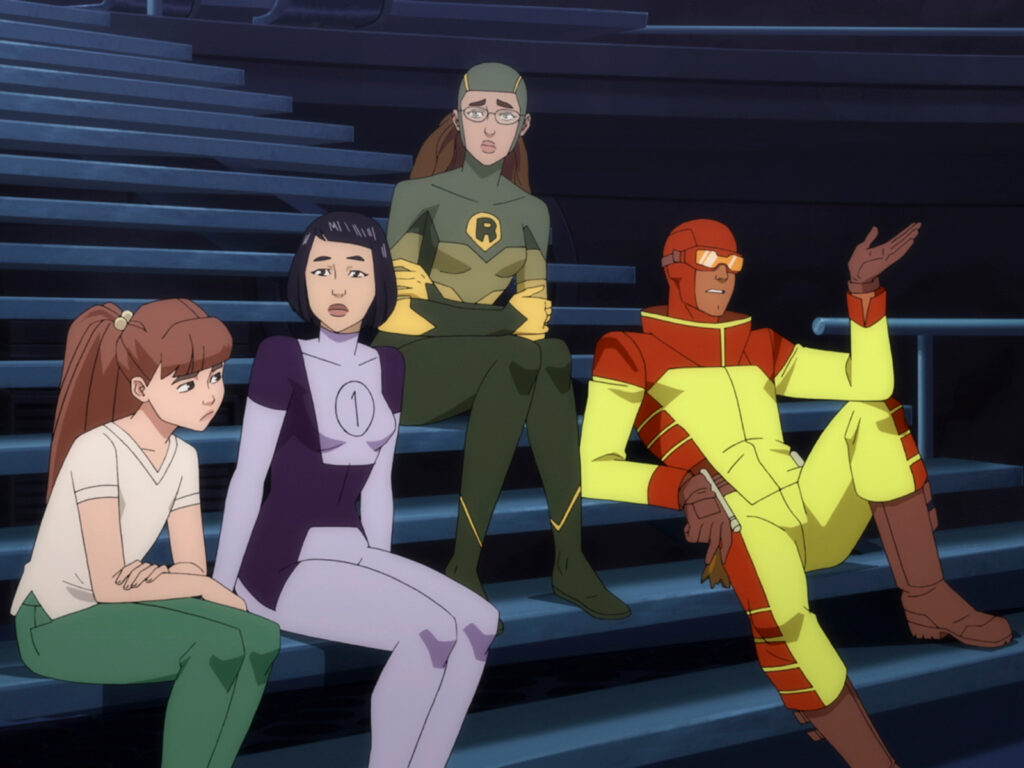
Action That Stings and Stays with You
The action in Invincible has always been jaw-dropping, but what makes it unforgettable is its emotional weight. Every fight has consequences. Cities fall, lives are lost, and no battle is without scars, both physical and psychological.
Season 3 continues that tradition, blending cinematic-scale battles with moments of vulnerability that remind viewers why these conflicts matter in the first place.
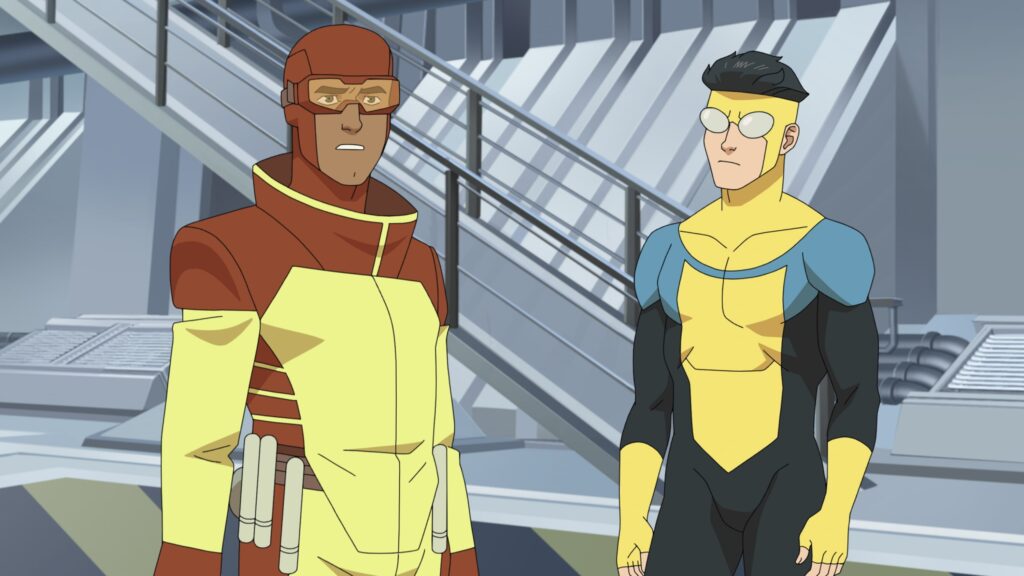
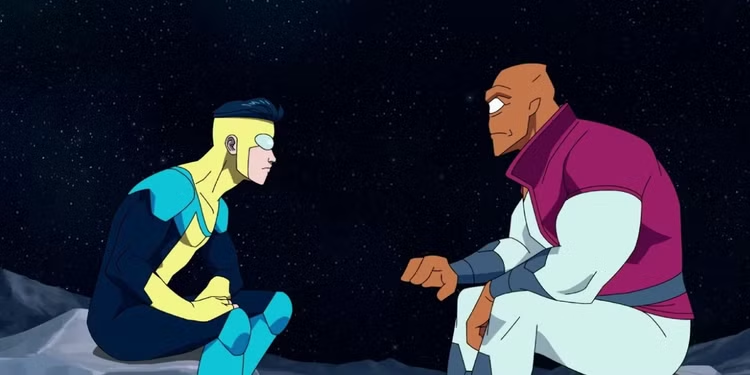
A Voice Cast That Elevates Every Moment
Yeun’s earnest, heartfelt performance as Mark shines, while Simmons commands as Nolan. The voice acting thus remains one of Invincible’s greatest strengths. Later seasons introduce new cast members—fan-favorite villains and allies from across the multiverse—which keeps the world feeling alive and unpredictable.
The show’s music complements its tone perfectly, balancing tension-filled scores with sharp, emotional cues that highlight every shocking twist and quiet moment of reflection.
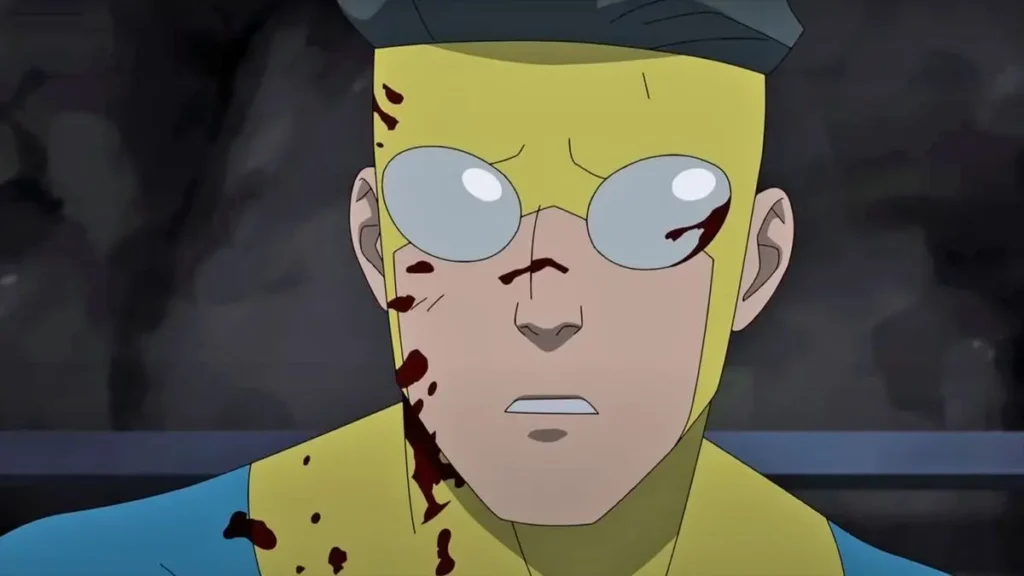

Themes That Cut Deep
At its core, Invincible isn’t good versus evil; it’s about choice, legacy, and the struggle to remain human in the face of unimaginable power.
It asks uncomfortable questions: What makes someone a hero? How do you live with the consequences of your parents’ sins? And when faced with corruption on a universal scale, is compassion still a strength or a weakness?


Final Thoughts
Across three intense, beautifully animated seasons, Invincible has proven itself to be more than a superhero show. It’s a character study, a tragedy, and a triumph all at once. It breaks your heart as often as it thrills you, and that’s exactly why it works.
If you’ve ever thought you were tired of superhero stories, Invincible will remind you why you fell in love with them in the first place and show you just how far the genre can go when it’s willing to bleed.



